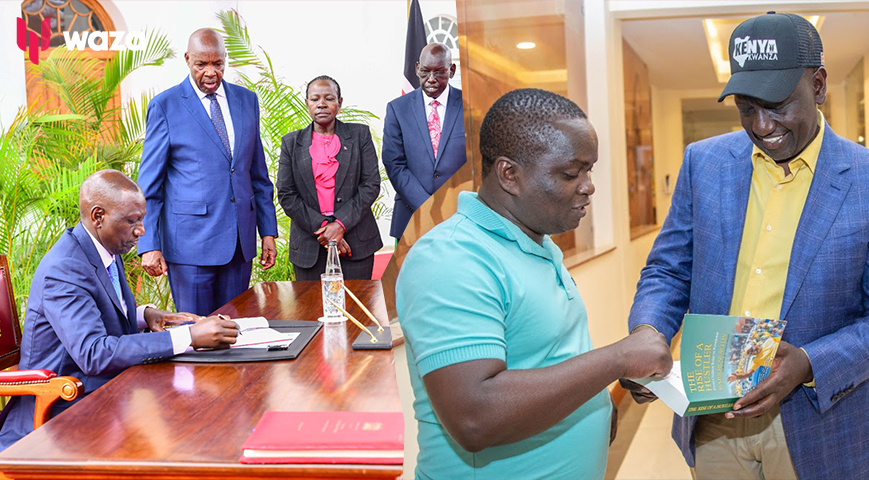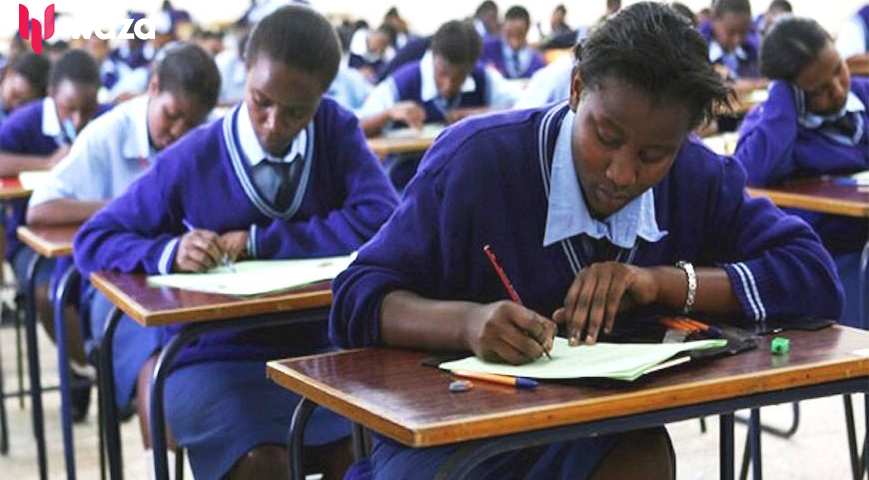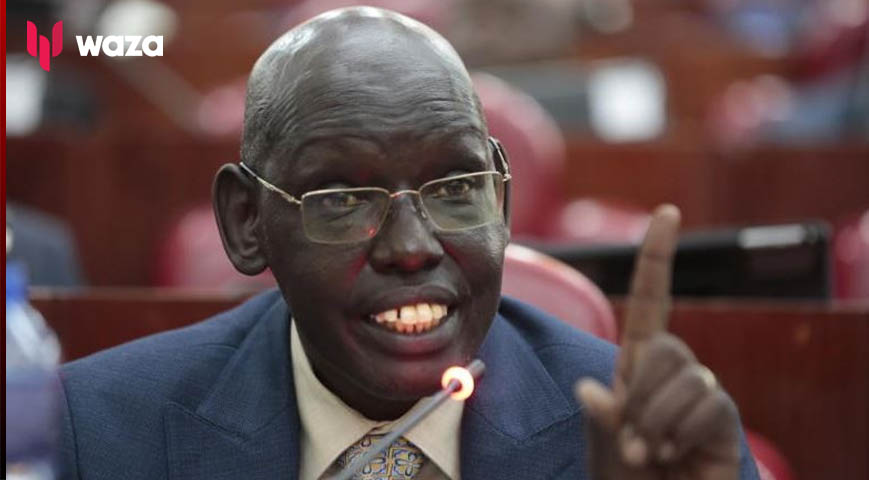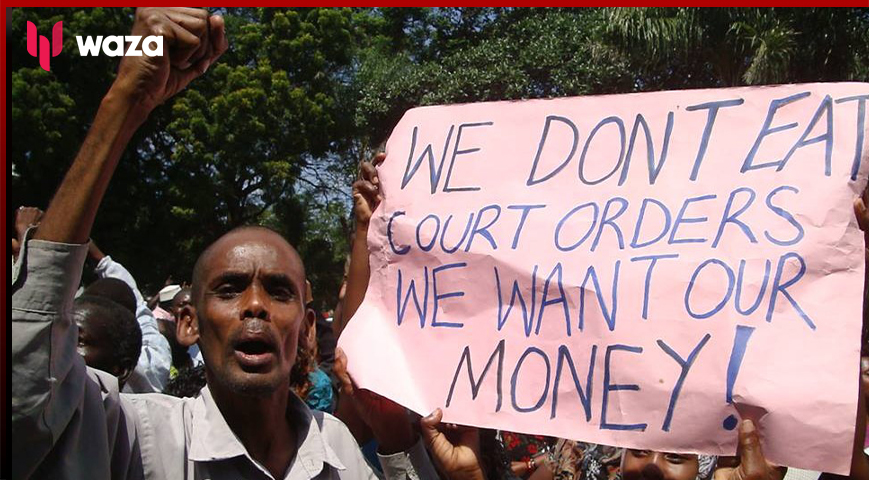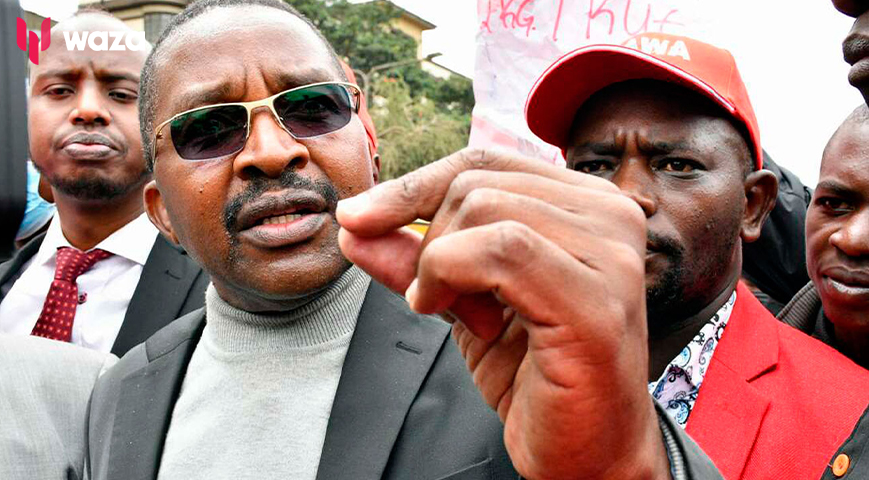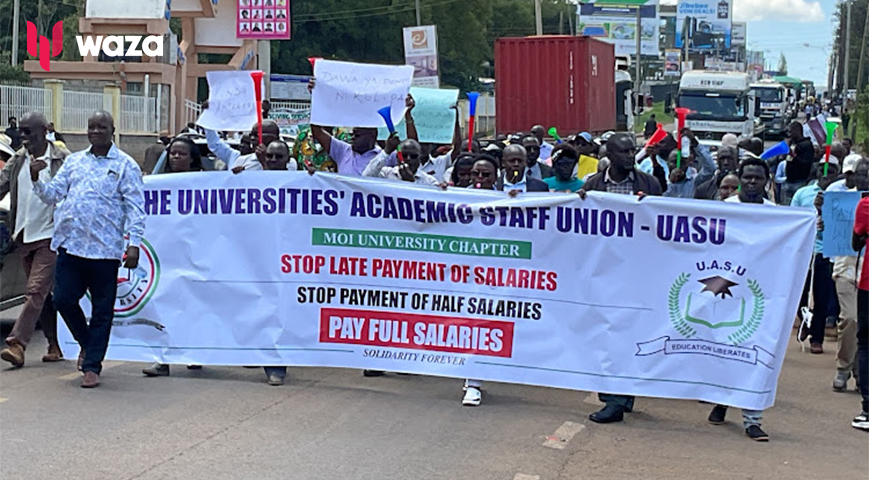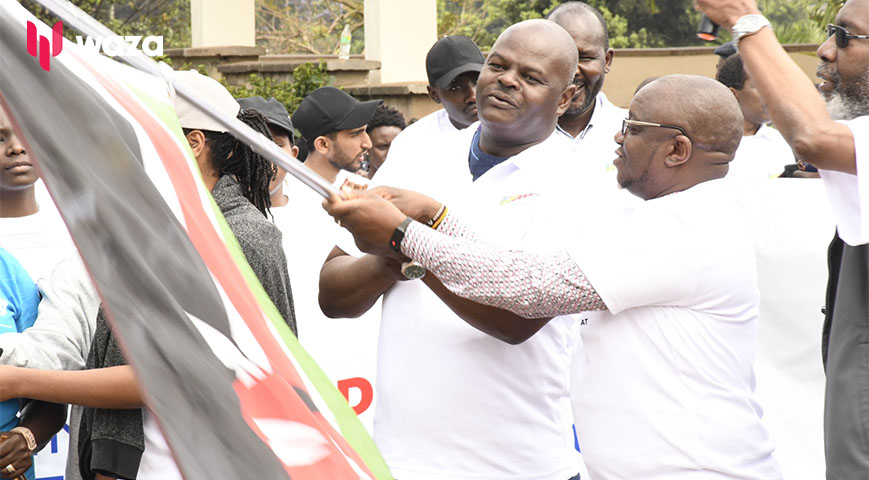During his campaign for the presidency, William Ruto promised a series of ambitious reforms for Kenya's education sector, from early childhood development to higher education. His plans aimed at a complete transformation, which many education experts saw as highly challenging. Some critics argue that Ruto inherited an education sector in crisis and has made it worse.
When Ruto took office, the Competency-Based Curriculum (CBC), introduced by the Uhuru-Ruto administration, was still in its early stages. During his 2022 campaign, Ruto expressed uncertainty about the CBC, pledging to review it under the Kenya Kwanza Education Charter if he became president. Shortly after assuming office, Ruto established the Presidential Working Party on Education Reforms to assess the system.
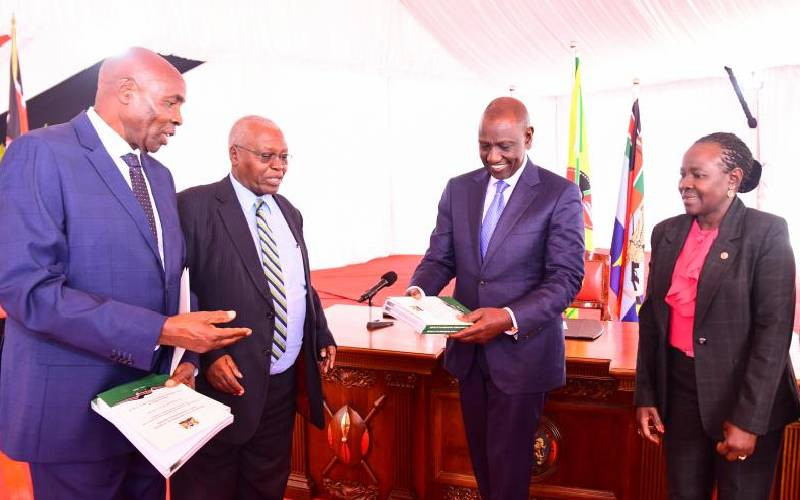
Dr. Emmanuel Manyasa, an education researcher, views the task force’s work as a step in the right direction but notes that some recommendations should be carefully considered. The task force, chaired by Prof. Munavu, proposed a complete overhaul of the current education funding system. It introduced the Student-Centered Higher Education Funding Model, categorizing funding into five levels based on financial need, from the most vulnerable to the less needy. However, the model has faced criticism.
Did you read this?
"The problem started with a means-testing formula that was never properly tested," says Manyasa. He believes the university funding issue can only be resolved by rethinking the approach.
On the human resource front, Ruto’s administration has been dealing with increasing discontent among teachers, leading to industrial action by teachers’ unions. University lecturers have also issued a strike notice, signaling the possibility of prolonged instability in the education sector.

